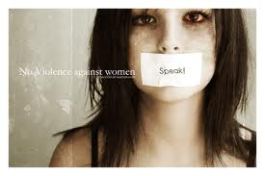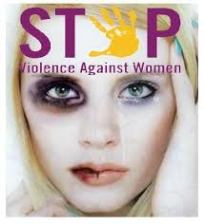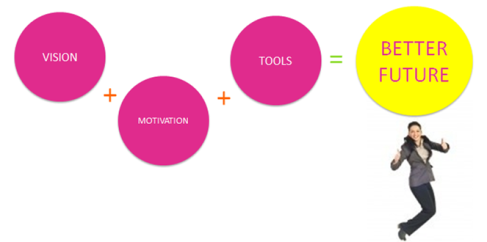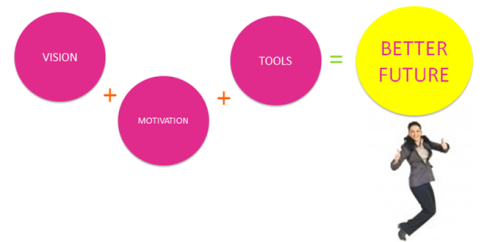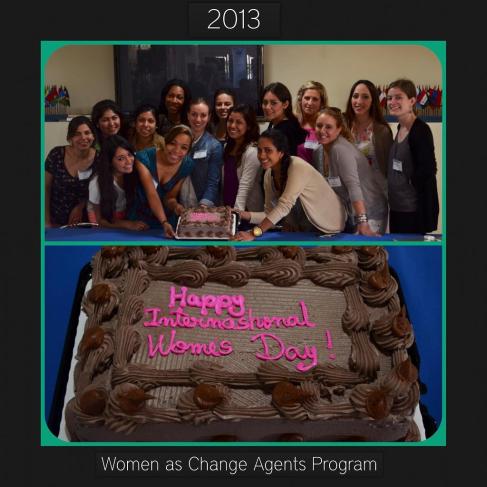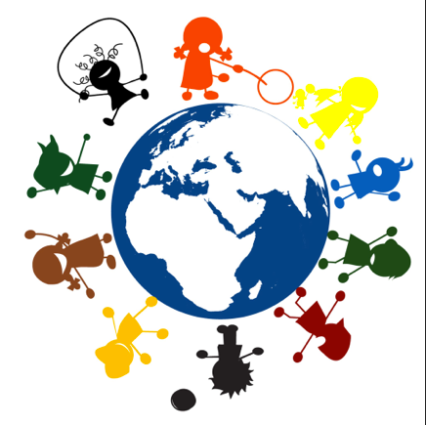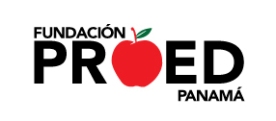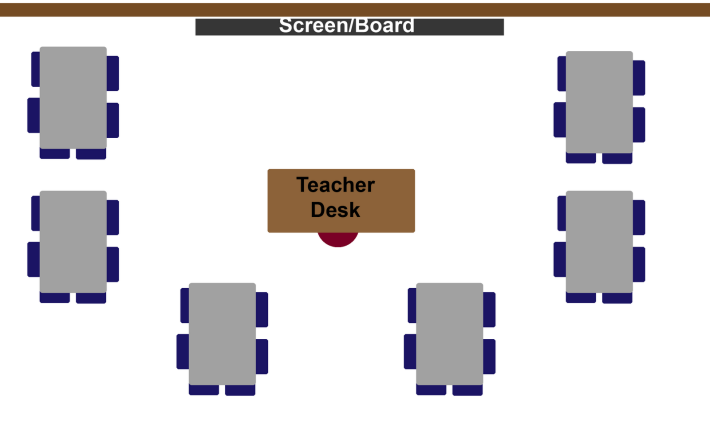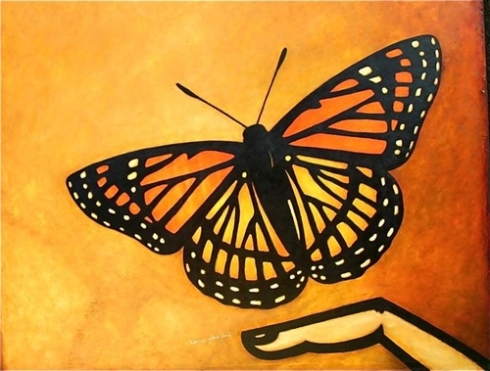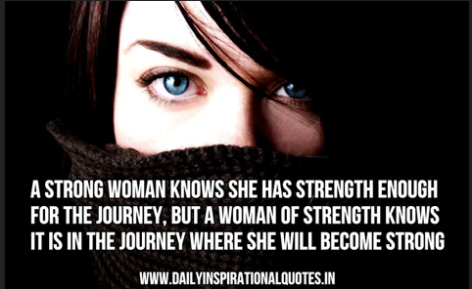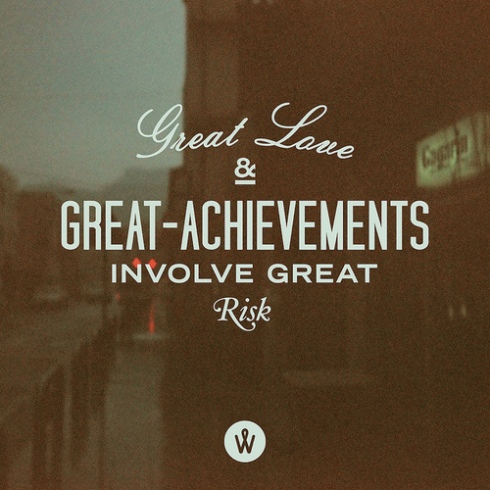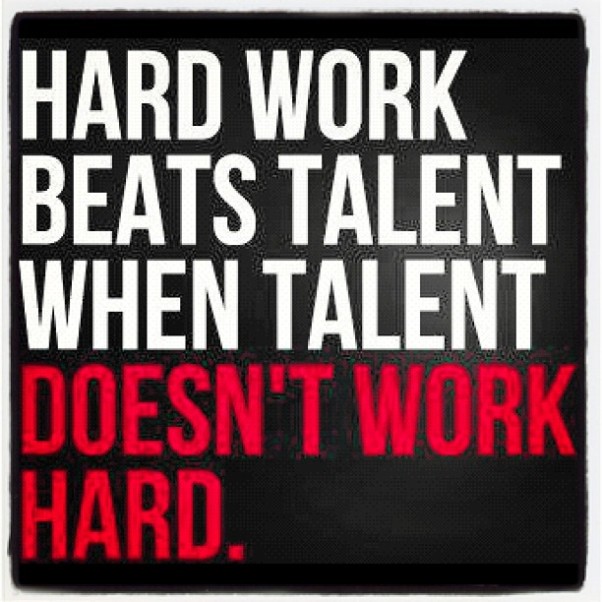The Irish Department of Justice and Equality defines gender equality as something which can be ‘achieved when women and men enjoy the same rights and opportunities across all sectors of society, including economic participation and decision-making, and when the different behaviours, aspirations and needs of women and men are equally valued and favoured.’ (Department of Justice & Equality: Ireland, 2011)
However, Ireland has a troubled history in terms of gender equality and gender issues. In recent weeks, the Prime Minister, whom the Irish people refer to as the Taoiseach, made a historic apology for the treatment of young women who were sent to industrial schools known as the Magdalene Laundries. These women included girls who had been sexually abused, orphans or children from broken homes who relied upon the state for care and unmarried mothers who had their children taken away from them as they were locked away from society in shame.
Within these laundries the women were subjected to forced slave labour in harsh conditions with little or no access to the outside world. According to Pollak (2013) these laundries were in operation between the years 1922 and 1996. Approximately 10,000 women were forced into a penal existence. 900 women died while living and working in the laundries. In addition, it has recently come to light that these women were buried in unmarked graves which many regard as the final insult against the dignity and rights of these women.

(Young girls working in a Magdalene Laundry)
It has been difficult and challenging for the Irish State to acknowledge the lack of dignity and basic human rights that these women were denied in terms of educational, psychological, nutritional and physical well-being Once locked away, these women were forgotten. What is even more difficult and shocking to comprehend is the fact that this slave labour and abuse against women was taking place during my own lifetime as the last laundry closed its doors in 1996 when I was seven years old. What’s more, the survivors, or victims, of the laundries have only received an apology from the state this year, the year 2013; seventeen years after the last laundry closed its doors.
In addition, the process of compensation for the many hours of unpaid work that these women undertook is still being completed and many of these women continue to wait for help from the state in terms of rehabilitation and reintegrating into society after years of institutionalisation and abuse.
Another dark chapter in the Irish state’s treatment of women is the practice of symphysiotomy which was a medical procedure carried out on women without their knowledge and consent during childbirth throughout the 20th century in Ireland. Symphysiotomy is quite a barbaric medical method insofar as it involves cutting through a woman’s pelvis with a hacksaw in order to widen the pelvis for childbirth. Currently the practice does not take place in developed countries as the procedure includes lifelong debilitating effects such as chronic pain, mobility issues, incontinence issues and depression.
As with the Magadalene Laundries, the practice can once again be regarded as institutionalised abuse against women at the hands of the Irish state. However, the victims, who did not agree to this medical procedure taking place, have yet to be compensated or indeed apologized to despite the gross misconduct they were exposed to. The Journal (2012), states that the chairperson of Survivors of Symhysiotomy (SOS) Marie O’Connor believes that this issue is “arguably the biggest human rights scandal in Ireland since the foundation of the State”. Indeed, ‘protecting the reputation of deceased doctors should not be allowed to take precedence over the rights of living survivors’ who are currently struggling to have their stories of pain and abuse acknowledged.

(Picture of the Irish Dáill i.e. Parliament, when the Symhysiotomy issue was being discussed)
I felt it was both important and necessary to highlight these two particular case studies. In many ways they act as an important introduction to Ireland in relation to the role and treatment of women within Irish society both past and present. Ireland is regarded as a developed country and this argument can be backed up by GDP ratings which indicate the standard of living of a country. However, when it comes to gender equality and the representation of the Irish female voice and indeed, the standard of living that the women of the Magdalene laundries and the victims of symhysiotomy were exposed to, it is clear that in terms of gender equality, Ireland is significantly underdeveloped.
The struggle of Irish women continues. Too often our voices are ignored if in fact we manage to have them heard at all. It is clear to me what the core issue is that prevents the women of Ireland from having their aspirations and needs equally valued and favoured. The root cause of inequality and discrimination against women in Irish society is due to the fact that women have and continue to make up a significantly small minority within Irish government. The Irish Dáil, which other nations would refer to as parliament, is predominantly male. Without a balanced and equal political representation it is clear that the needs of women are not being met. I am not suggesting that this lack of political equality and lack of female representation is done purposefully. Rather, it would seem that within Ireland, a predominately male parliament struggles to understand or relate to the issues and needs facing the female populace.
In light of the Magdalene Laundries scandal being exposed, a debate and examination is beginning to take place within Irish society in relation to the rights and representation of the Irish, female voice. A valid argument that is being suggested includes the implementation of gender quotas in order to achieve sustainable, equal representation between men and women in government. Unfortunately, as of yet, there has been no direct leadership or initiative coming from government in relation to this issue.
However, a rhetoric and argument in favour of balanced government representation is beginning to emerge from the citizens of Ireland themselves. This dialogue needs to be encouraged and developed so that Ireland can begin to learn from its past mistakes and conceive a more promising future whereby the mothers, daughters and sisters of Ireland can ‘enjoy the same rights and opportunities across all sectors of society, including economic participation and decision-making, and when the different behaviours, aspirations and needs of women and men are equally valued and favoured’. (Department of Justice & Equality: Ireland, 2011)
Note: For further information on the Magdalene Laundries you can access the 2013, McAleese Report at: http://www.justice.ie/en/JELR/Pages/Publications_other_regulatory_functions
References
Department of Justice & Equality: Ireland (2011) Gender Equality[Online] Available at: http://www.justice.ie [Accessed 05 March 2013]
The Journal (2012) Symphysiotomy survivors gather to recount stories of torture [Online] Available at: http://www.thejournal.ie/ [Accessed 05 March 2013]
Pollak, S (2013) Irish Prime Minister Apologizes for Forced Labour in Magdalene Laundries [Online] Available at: http://www.time.com[Accessed 05 March 2013]




